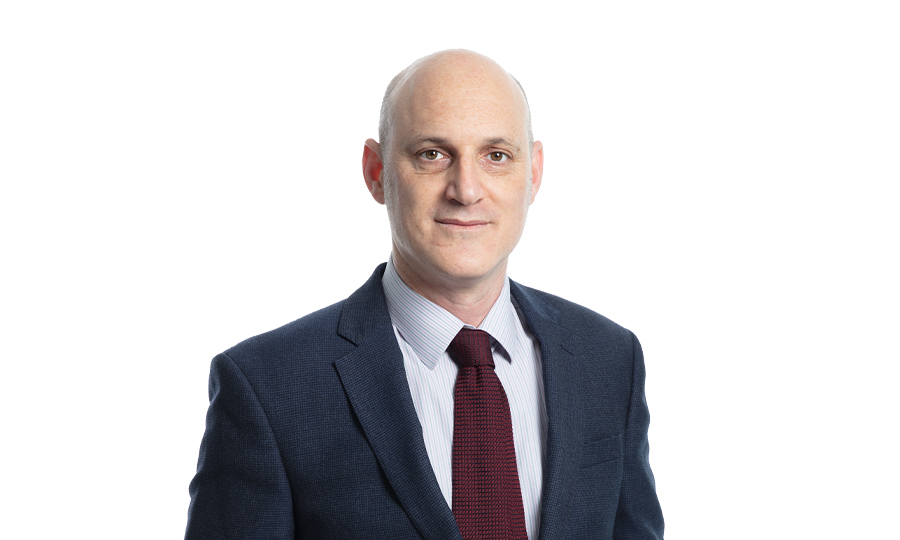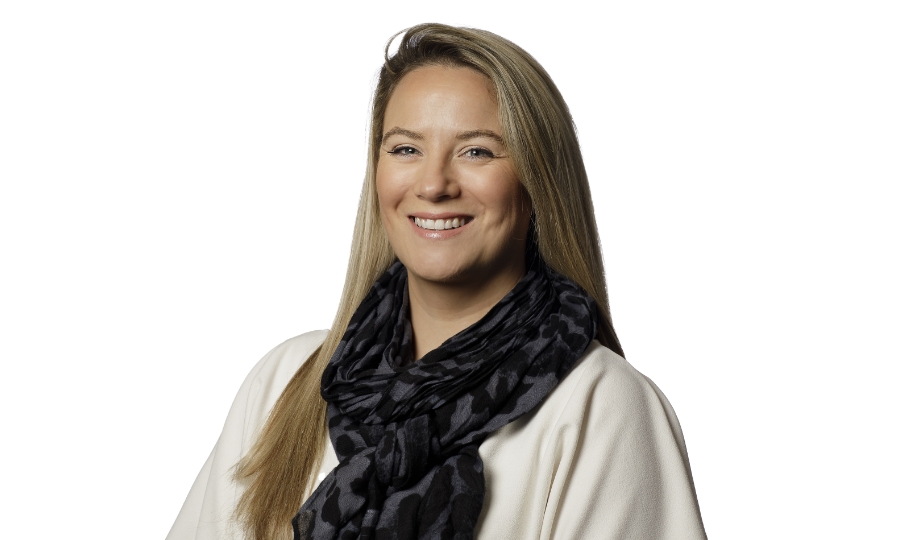Partner Nick Vamos and Senior Associate Charlotte Tregunna prevent extradition of Russian businesswoman
Peters & Peters demonstrate that the Russian Federation is still incapable of meeting required human rights standards
On 9 December 2019 Senior District Judge Arbuthnot discharged our client, Ms Olga Egorova, and three other requested persons whose extradition was sought by the Russian Federation. The requested persons were unconnected to one another and had been charged with unrelated offences, but the cases were joined as they all shared a common issue: the compatibility of extradition with their rights not to be subjected to torture or to cruel, inhuman or degrading treatment or punishment under Article 3 ECHR in the context of Russian prison conditions; and the adequacy and reliability of assurances relied upon by the Russian Federation to meet the risk of a violation of those Convention rights.
The cases had been joined by the Senior District Judge following a long line of cases heard within the last two years. These cases included the judgments in Shmatko, Zmikhnovskiy and Sokolov; the latter two of whom were also represented by Peters & Peters.
Despite the court being served with a number of assurances by the Russian Federation, including the day before judgment was to be handed down, and after considering those assurances and the expert evidence submitted on behalf of each of the requested persons (including live evidence from Professor Judith Pallot, an expert on Russian prison conditions and human rights compliance), the Senior District Judge held that there would be a real risk that the requested persons, if extradited, would be held in prison conditions that would seriously violate their respective Article 3 ECHR rights. The Senior District Judge found that this risk was increased by the absence of effective and independent monitoring of prison conditions, and that there had been no change in Russia since the High Court judgment in Shmatko in this regard.
The Russian Federation sought leave to appeal, which was rejected on the basis that the Senior District Judge’s findings on monitoring and effectiveness were based on evidence before her; the Russian Federation had been afforded ample time to provide further assurances and to suggest workable monitoring mechanisms, which it had not. Consequently, there was no room for appeal.
A word of caution, however, for future Russian extradition requests: Senior District Judge Arbuthnot left it open to the Russian Federation to address the lack of independent prison monitoring and to put in place other measures to remove the risks human rights breaches in Russian prisons, including by enquiring with the British Embassy as to whether it would consider assisting the Russian Federation with the monitoring of assurances. Whether the Russian Federation will pursue such remedial action or whether the Foreign and Commonwealth Office would concern itself in monitoring assurances of non-British citizens extradited to Russia, remains to be seen.
Peters & Peters continues to represent clients whose extradition is sought by the Russian Federation (and a number of other countries), and Ms Egorova’s case is the latest in a long line of Russian extradition cases that have been successfully defended by Peters & Peters. Counsel instructed for Ms Egorova was Mr Aaron Watkins, of Cloth Fair Chambers.



